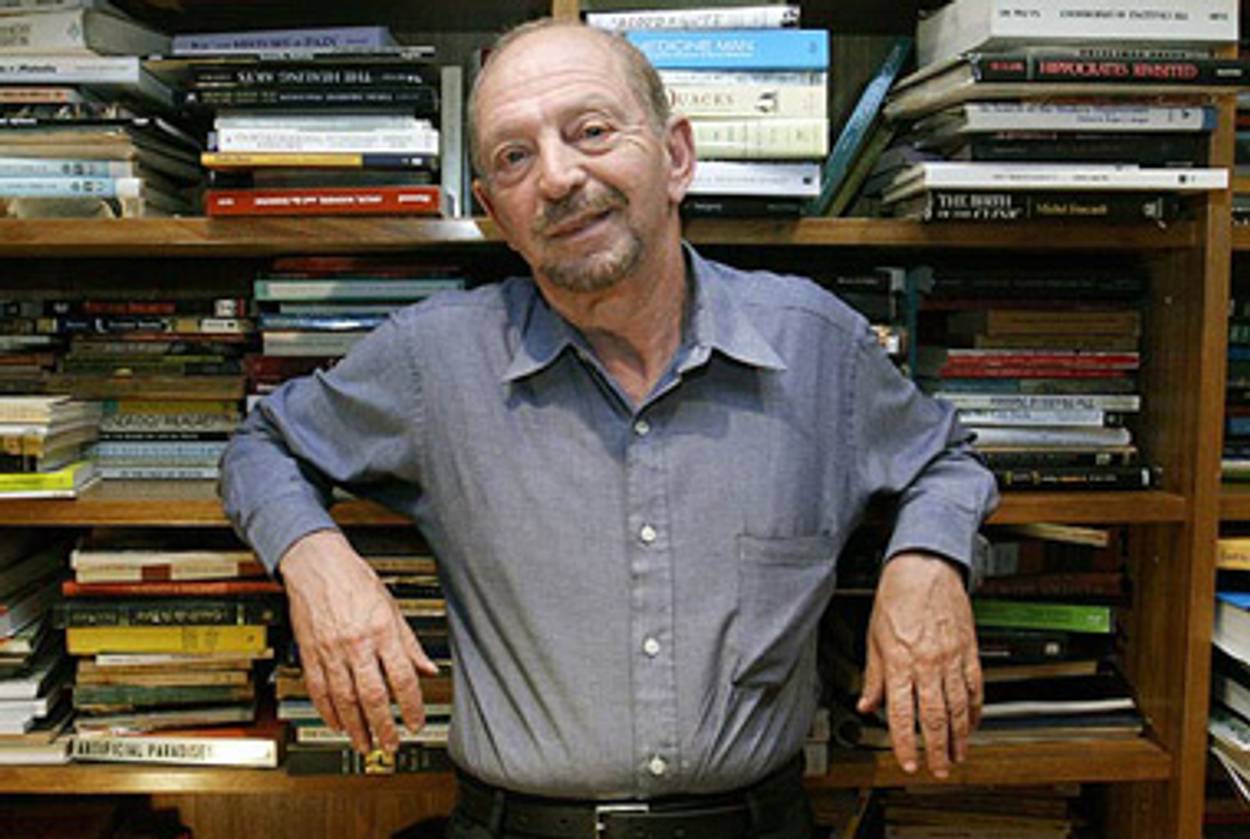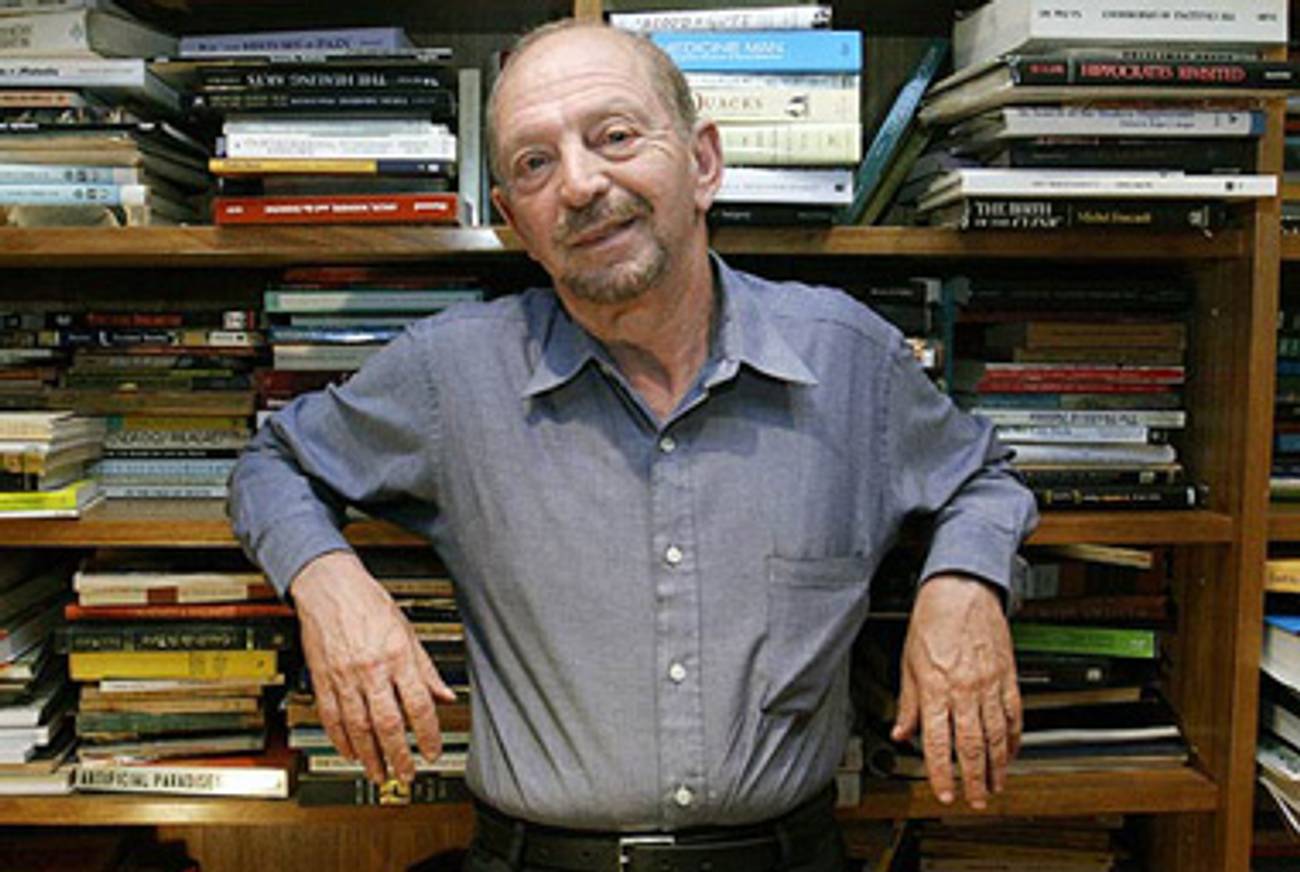Moacyr Scliar, Chronicler of Jewish Latin America, Dies at 73
Ilan Stavans remembers his friend




Dr. Moacyr Scliar, the internationally renowned Brazilian writer and one of the cornerstones of Jewish-Latin American letters, died this Sunday. He was 73. A prolific novelist and short story writer since 1962, Scliar took a gentle comic touch to his themes of immigration, racism, gender issues and Jewishness, opening them up to a wider audience.
Amherst College Professor Ilan Stavans, a Tablet contributor and Nextbook Press author, spoke fondly of his friend and frequent travelling companion. “He was provocative and educational,” he said wryly of their discussions on Jewish and Latin American issues.
His most popular book, The Centaur in the Garden was included among the 100 Greatest Works of Modern Jewish Literature by the National Yiddish Book Center. The novel tells the story of a Jewish Centaur of Eastern European ancestry living in the Brazilian Pampas. Scliar, through his creation’s multiplying otherness, meditated on Brazilian identity, the Jewish body and the pressures of immigration, “in a way,” said Stavans, “that was never stern, but always serious.”
His humor, explains Stavans, came “from both his Brazilian and Jewish tradition. He was [immersed] in the Yiddish literary tradition. He identified with Sholem Aleichem, and loved I.L Peretz. We shared a passion for Isaac Bashevis Singer.”
Controversy came to Scliar in 2002 when Canadian author Yann Martel won the Man Booker prize for his novel Life of Pi. The novel about a boy trapped on a boat with a tiger, closely mirrored Scliar’s Max and the Cats, the novel of Max Schmidt, a refugee from Nazi Germany who finds himself trapped in a dinghy with a Jaguar.
The international uproar (for his part, Martel thanked Scliar for “the spark of life” but insisted he’d only read reviews of Max and the Cats), largely washed over Scliar, aside from increased attention to his work and allowing a few of his books to be reprinted.
“His answer was remarkable,” says Stavans. “He was just flattered that the book has inspired another writer.”
Moacyr Scliar, 73. [Habitus]
100 Great Works of Modern Jewish Literature [National Yiddish Book Center]